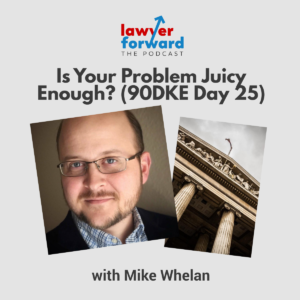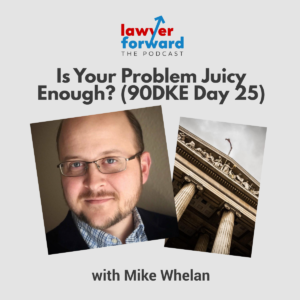The U.S. Supreme Court (Photo by David Lat).
In my first year of law school, the liberal scholar Yale Kamisar told those of us gathered in his criminal procedure class that the Supreme Court would never overrule Miranda: “People have been watching ‘Dragnet’ for too long. Everyone knows that, if you get arrested, the cops say something about you having the right to an attorney. If the Supreme Court overruled Miranda, there’d be an uproar: It’s un-American! The Court can’t do that! So the Supreme Court will probably gut the hell out of Miranda, so the rights become meaningless, but the justices will never overrule it. Why should the Court unnecessarily create a public uproar?”
Yale, may he rest in peace, was right.
Although Yale’s not with us to say it, the same is true of Roe v. Wade. Why overrule it? Nobody’s ever actually read the Roe opinion, but everyone knows that it says something about protecting abortion rights, and the vast majority of Americans think that whatever Roe says is a good idea. So the Supreme Court won’t overrule Roe; why unnecessarily create a public uproar? The Supreme Court will gut the hell out of Roe, so its protections become meaningless, but the justices will never overrule it.
So, too, in an odd way, with packing the Supreme Court.
It sounds so ugly: “Packing the Court.” Court-packing didn’t work back in the thirties. And how could you change the number of justices on the Supreme Court? The American public doesn’t quite know if the number of justices was established by divine intervention, the Constitution, a statute, or oral tradition, but, by God, there are nine justices on the Supreme Court! Why would the Democrats change that and unnecessarily create an uproar?
You might be thinking: “To avoid the impact of having a large majority of conservative justices on the Supreme Court, Herrmann, you idiot!”
Not so fast. The question is how you could achieve the same result — protecting Roe — without causing a public uproar.
I thought first about passing a law that said, more or less, “the Supreme Court is not allowed to grant certiorari in any case involving abortion.” But then I got out the Constitution, and I suspect that some line of cases growing out of the “Exceptions Clause” of Article III probably prohibits Congress from passing laws that strip the Supreme Court of jurisdiction over cases that involve one particular subject matter. (I’m really not a constitutional scholar — perhaps you noticed? — and I took Con Law long ago, but that simply must be true.)
So what about option two? What about changing a rule of procedure for the Supreme Court to guarantee that Roe would never be overruled? Currently, four justices must vote in favor to grant certiorari in a case. I have no clue what law establishes that: A Supreme Court rule? A statute? Oral tradition?
Whatever the basis for that rule, however, surely a statute could change it.
So why pack the Court and unnecessarily create an uproar? Instead, pass a law that requires seven justices to vote in favor to grant certiorari.
That would guarantee that Roe would never be overruled. Indeed, that would basically freeze constitutional law in its tracks, because certiorari would never be granted in any politically charged case. Presto — Roe is preserved! Without unnecessarily causing an uproar! Who cares about the number of votes needed to grant certiorari, and how could any politician possibly attract the attention of the American public on an issue as obscure as that one?
You might think, as I do, that America needs a Supreme Court, and permanently disabling the Court is a bad idea. Fair enough. So put a sunset provision into my proposal: Seven votes are needed to grant certiorari until the year 2070, and thereafter only four votes are needed. I have no clue what the political landscape will look like in 2070, but opinions about abortion, which are influenced by evolving science, would probably have changed by then, so Roe would probably be preserved forever. If not, my grandkids can worry about it.
Please remember that I’m neither particularly devious nor involved in politics for a living. If I’m ginning up ideas like this one, then smart folks who are actually paid to think about these issues are surely way ahead of me. Shame on them if someone can’t think of a way to preserve Roe without unnecessarily creating an uproar.
Mark Herrmann spent 17 years as a partner at a leading international law firm and is now deputy general counsel at a large international company. He is the author of The Curmudgeon’s Guide to Practicing Law and Drug and Device Product Liability Litigation Strategy (affiliate links). You can reach him by email at inhouse@abovethelaw.com.
 Kathryn Rubino is a Senior Editor at Above the Law, and host of The Jabot podcast. AtL tipsters are the best, so please connect with her. Feel free to email her with any tips, questions, or comments and follow her on Twitter (@Kathryn1).
Kathryn Rubino is a Senior Editor at Above the Law, and host of The Jabot podcast. AtL tipsters are the best, so please connect with her. Feel free to email her with any tips, questions, or comments and follow her on Twitter (@Kathryn1).

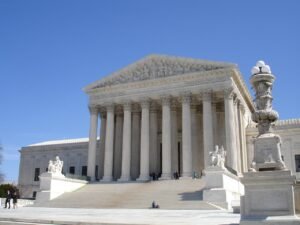
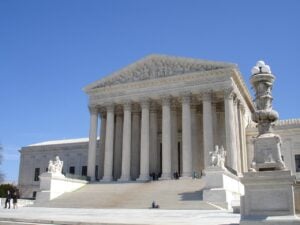
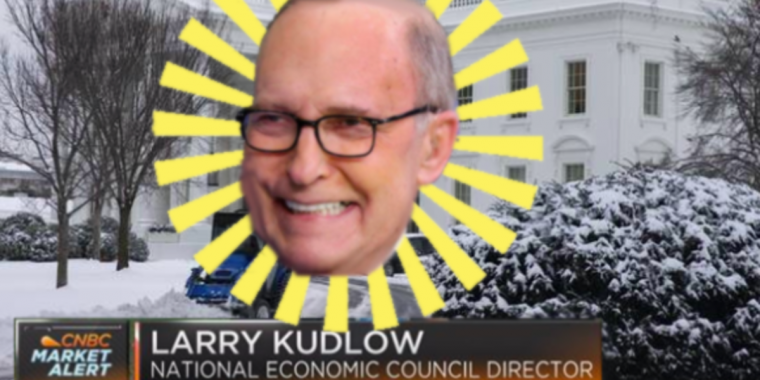
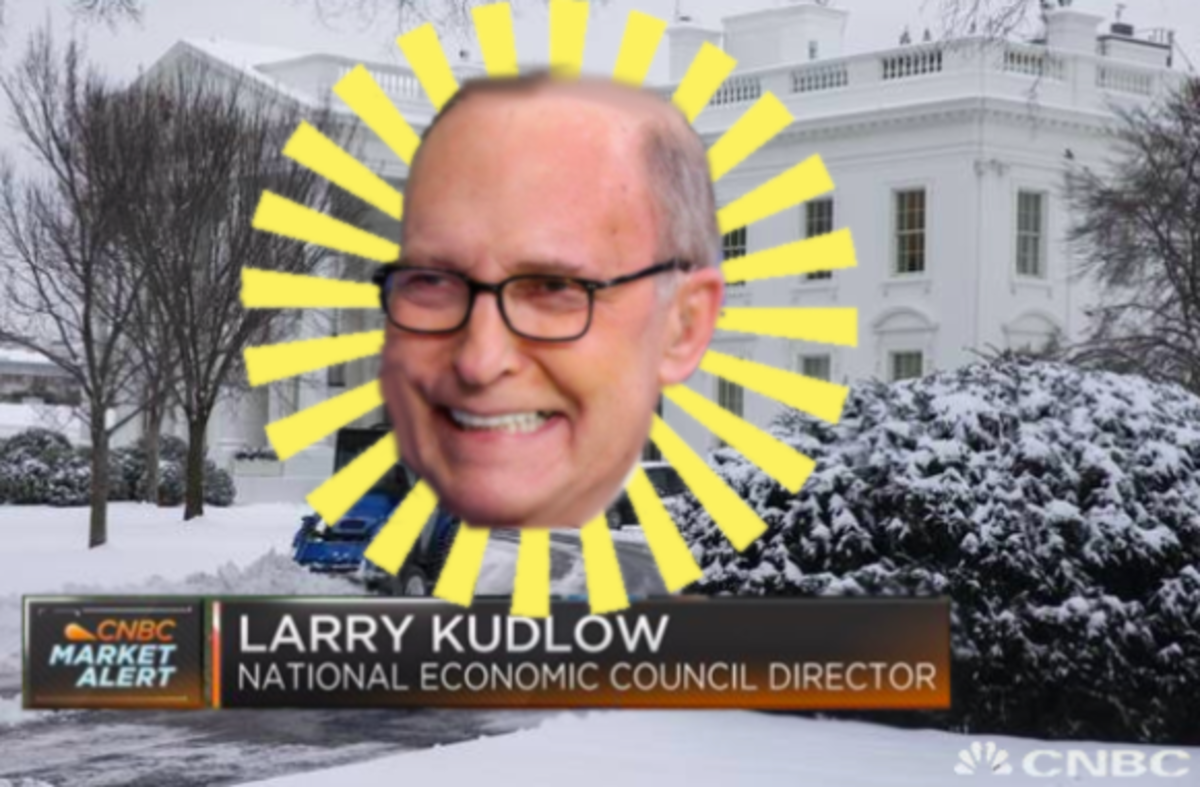
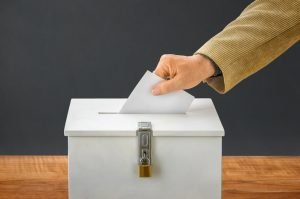
 Jordan Rothman is a partner of
Jordan Rothman is a partner of 

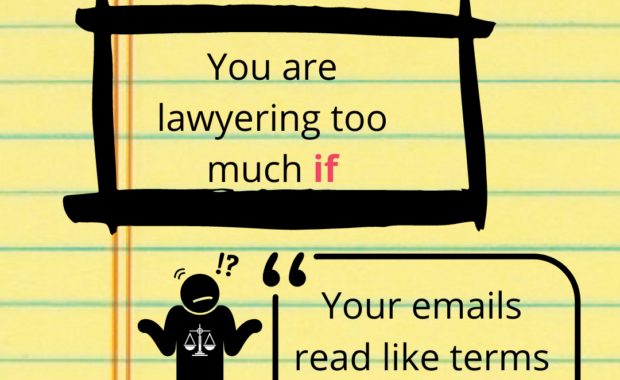


 Olga V. Mack is the CEO of
Olga V. Mack is the CEO of 